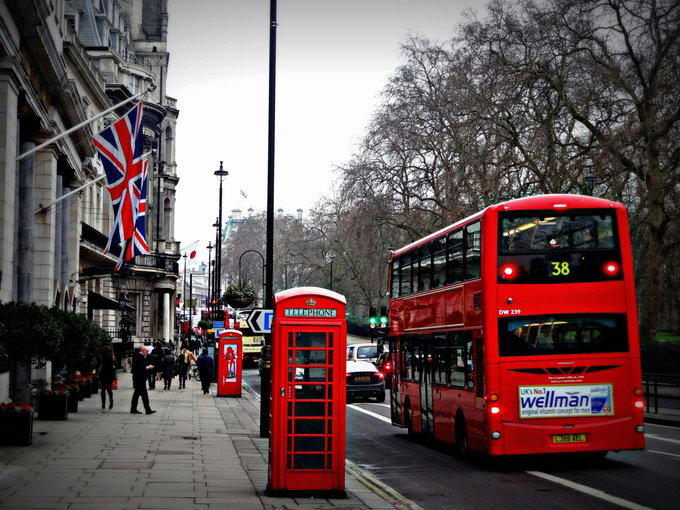UK considers banning people with criminal records from football, travel, others

People convicted of crimes in England and Wales could face bans from pubs, concerts, and sports events under new sentencing reforms being considered by the government.
The changes would allow courts imposing non-custodial sentences to hand out driving and travel bans and require offenders to remain within specific areas.
Justice Secretary Shabana Mahmood said criminals must have “their freedom restricted” in society if they are serving community sentences, though some have questioned how the measures would be enforced.
Currently, courts can impose limited bans—for example, individuals guilty of football-related violence can be barred from stadiums. But the Ministry of Justice (MoJ) plans to allow judges and magistrates to impose restrictions “as a form of punishment for any offence in any circumstance,” meaning offenders could face penalties unrelated to their original crime, with rule-breakers returned to court.
Offenders released under Probation Service supervision could face similar restrictions, along with mandatory drug testing even if they have no history of misuse.
Michael Kill, head of the Night Time Industries Association, warned ministers the scheme “does not unfairly burden venues that are already struggling to survive.”
“While we fully recognise the intent behind these measures, they cannot simply be imposed on a whim,” he said, adding there must be sufficient resource, planning, and co-operation between the sector and government.
Former Old Bailey Criminal Judge Wendy Joseph KC told BBC Breakfast that while “a number of really good results” could come from the scheme, “it’s not going to work unless its properly funded” and carefully thought through.
“The idea you can keep people out of pubs might be putting a lot of weight on people who run pubs,” she said, adding that if the scheme is introduced, “you’ve got to find a way of catching the people who breach the rules, and punish them.”
The MoJ said the proposals are part of wider reforms aimed at deterring crime and ensuring prisons never run out of spaces for dangerous offenders, describing the changes as a way to “toughen up community punishments.”
Mahmood said widening sentencing options short of prison was part of Labour’s plan to cut crime and make streets safer.
“When criminals break society’s rules, they must be punished,” she said.
“Those serving their sentences in the community must have their freedom restricted there too.”
The announcement follows plans to impose tighter restrictions on serious sexual and violent offenders upon release, including keeping them in specific geographical zones monitored with enhanced tagging. The government said this would give victims greater peace of mind.
Under reforms announced in May, some prisoners will now be eligible for release after serving a third of their sentence. But early releases and the new measures have faced criticism for adding pressure on probation and police services.
The MoJ said new technology will reduce administrative burdens on probation officers, allowing closer supervision of the most dangerous offenders. At least 1,300 new trainee probation officers will be recruited this year, and the service will receive a £700 million funding boost by 2028.
The post UK considers banning people with criminal records from football, travel, others appeared first on Vanguard News.







